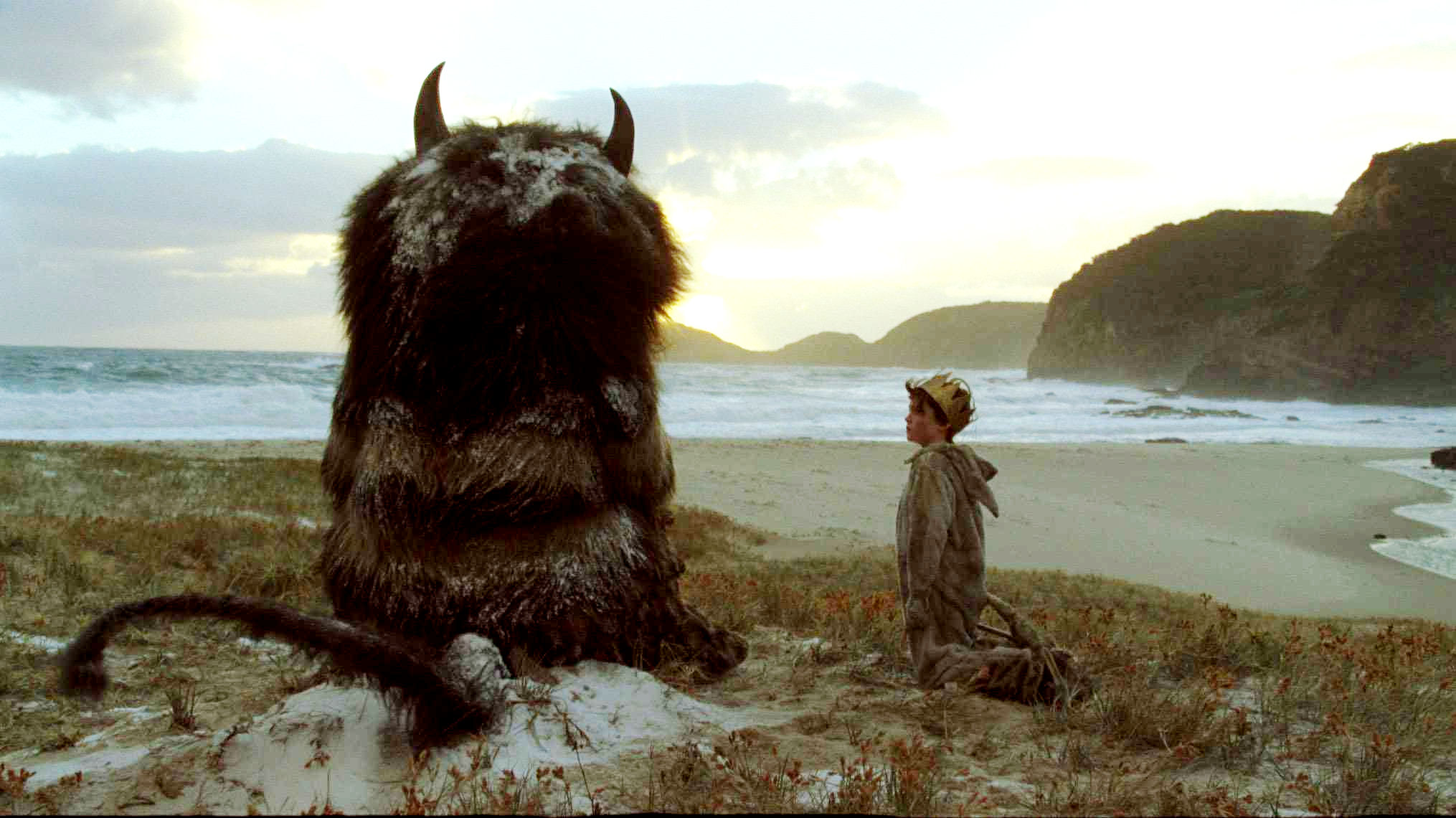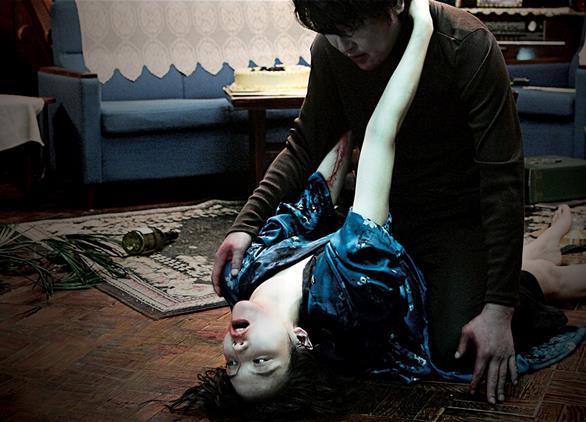*** (A Must-See)

Skidlove, which is slang for passionate affection between disenfranchised youths, tells the story of a twenty-something painter Ryan Arnold and his attempt to kindle a relationship with the girl, Jaymee Keith, that he likes. The two meet and hook up in a expositional long montage with a daze-like score. They soon start to go out after some initial reluctance from Jayme. Her reluctance springs from her hidden occupation of selling her bottled urine and menstrual blood on the black market. The buyer of her excretions personally inhales in rapture her goods. This is the love triangle.
Ryan, a struggling artist, typically does not have too much money to throw around. His restaurant job with accompanied meager wage and intermittent painting sales awards him his spare luxuries. His dinner consist of Ramen noodles, he drinks Pabst Blue Ribbon, and leads a relatively lackluster life, but he is happy. He lives, works, and sleeps around his studio. This is where he appears to be the most comfortable and open. He discredits photography in its inability to capture experiences and as a corrupting form of recollection. In his paintings either the ones he is working on or if they are just in the background his life experiences, memories, and emotions abstractly arise in them.
Ryan Arnold and director of photography, Chris Clifford, paint a beautiful surface with colorful light and darkness. Scene's that stick out include Ryan walking at night in a purple hued treescape, the dank and gritty Toronto downtown streets look the way that they feel and Ryan gratifyingly and mournfully biking around. While the cinematography around train tracks reminds the viewer of other existential tales such as Vittorio De Sica's Umberto D (1954) and Jean-Luc Godard's Pierrot Le Fou (1965). Isolated contemplative close-ups demonstrate the close relationship between actor and the cameraman.
Ryan is charismatic, upbeat and pleasant with his friends and girlfriend. In conversations he comes off as sly and funny. His magnetism when dented with failure brings out even more human qualities as it leads to personal re-evaluations. He represents the 21st century emerging adult. He bikes around the city, walks unfazed down sidewalks, and earnestly busses table at a restaurant.
Jaymee's living is dictated by her output of urine, menstrual blood, and soiled underwear. The monetary gains of such simple, and discusting, demands are an easy way out of having to work. This form of comprise and moral adjustment is a result of her encounters with the black market dealer Roger Bainbridge. He is disgusting, violent, crude, sadism and perversions. He is the source of many gross outs and a painfully needling experience. His leaching onto the already troubled couple is a parable about the negative and corrupting effects of living in a large city. Roger tries to purchase Jaymee ease and affection while Ryan emotionally wins her over through perseverance. What makes up this film is the choices, habits, resiliency embodied by the diffident protagonist.–David Davidson






